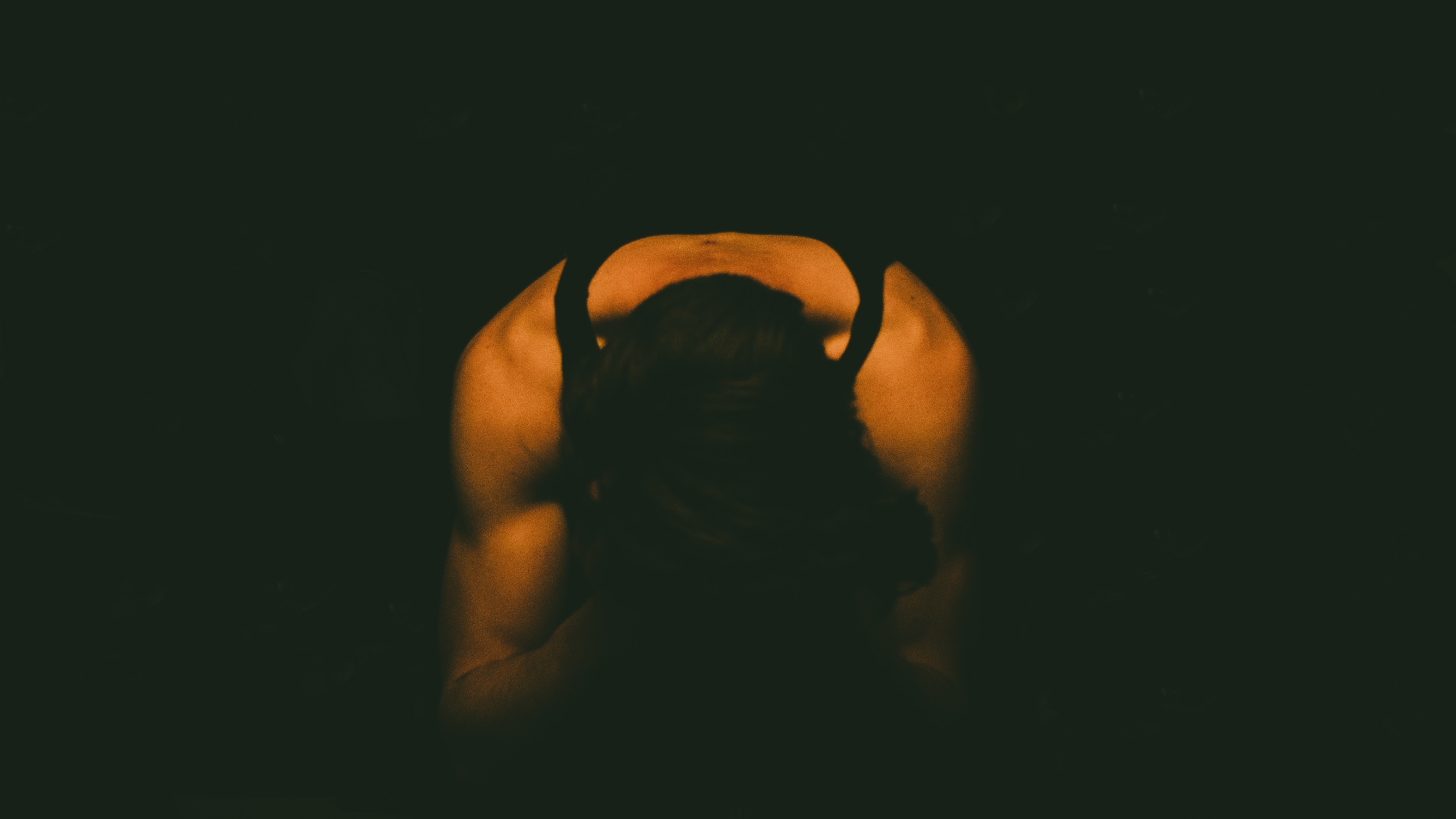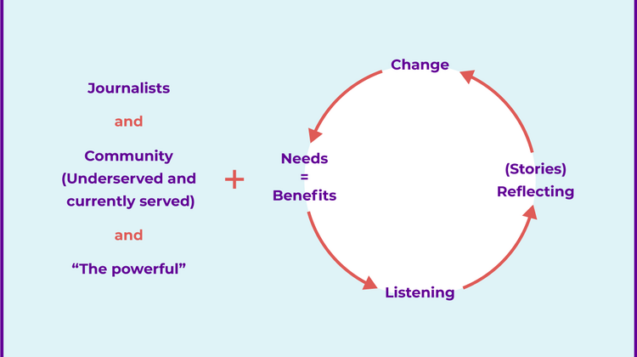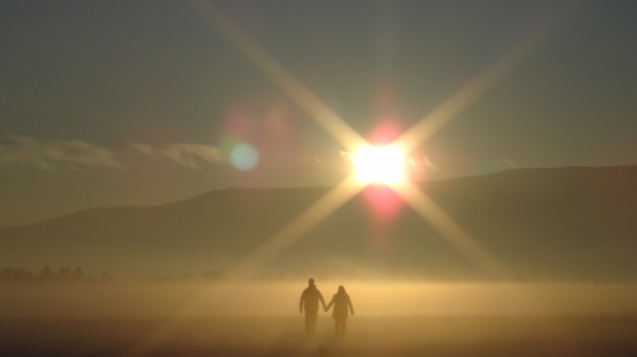Binghamton is reason to talk about mental illness
Originally published at The Loop 21, April 3, 2009
Jiverly Voong backed his car up to the back of the American Civic Association building in Binghamton, N.Y., and blocked the entrance. Then he walked in the front door and shot 13 people, injured four more and shot himself.
It is believed he was Vietnamese immigrant. Normally, I would say this has no relevance in a news story. He could be black, white, Latino or purple. No one person represents a whole race, no matter what their deed.
However, he does represent a startling fact about minorities, and Asians in particular. If we are depressed, or mentally unwell, we simply do not seek help. It’s not accepted. You do not tell strangers your family business.
When I was 17, I had more than typical teenage angst. I was depressed, and I still have scars to show for it. My family knew, and only when it was at its worst did my father sit me down and say, “You know, if you really want, we can find a therapist.”
I said no. I just cringed writing that paragraph. You do not tell strangers your family business.
Was Voong depressed? I have no idea, but many immigrants are. Imagine the culture shock coming from a family-centered, Third World country to a you’re-on-your-own, first world country. Imagine the change from communism (Vietnam is still communist, despite the prevalent McDonald’s) to all-out capitalism.
“In general, the squeaky wheel gets the grease, and Asian people tend not to squeak very loudly,” Dr. Marty Wong, a practicing psychologist in Boulder, Colo., said in a Newsweek article.
This idea is not exclusive to Asian-American communities. The same social taboo exists in black communities. Pius Kamau recently wrote a column on the Huffington Post about what’s unspoken in the black community: homosexuality and mental illness.
“Even as we refuse to discuss it, many blacks manifest symptoms of widespread and deep mental illness,” Kamau said. “Our jails are full of mentally ill blacks. Indeed much that black Americans do points to deep mental illness. Black America would do well to ‘out’ mental illness. Manage it with therapy rather than incarceration.”
A 2001 report from the surgeon general found African Americans have the same need for mental health services as their white counterparts, but do not have access because of a lack of insurance. Southeast Asians, especially immigrants with language barriers, were prone to post-traumatic stress, but did not seek help.
We aren’t that different. It’s time to open our mouths. It’s time to tell strangers about our problems and — hopefully — prevent another incident like Binghamton.



